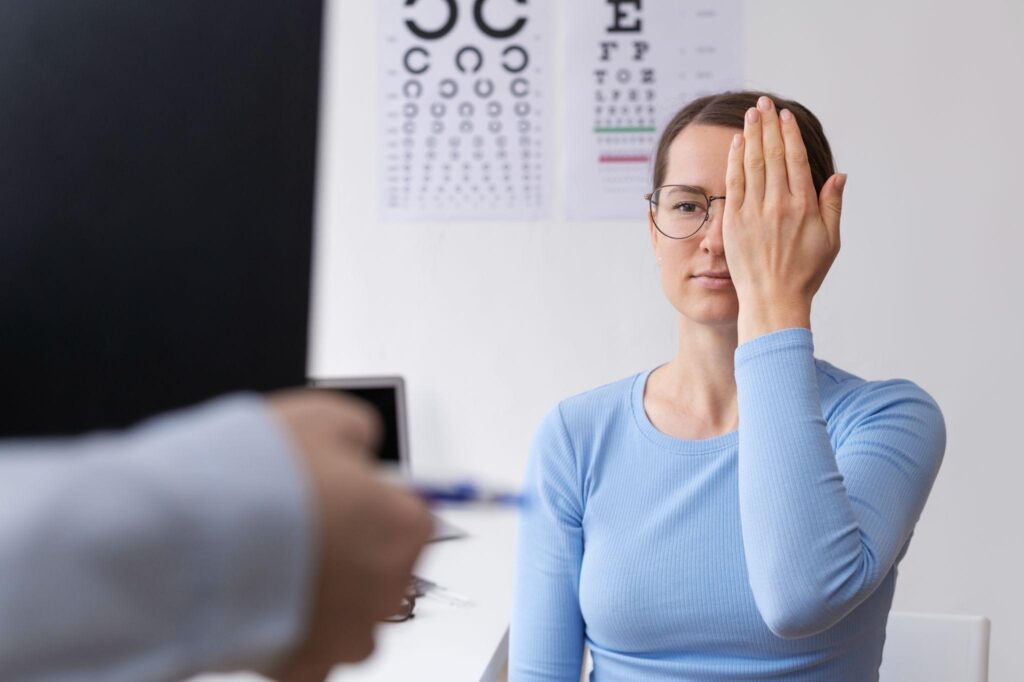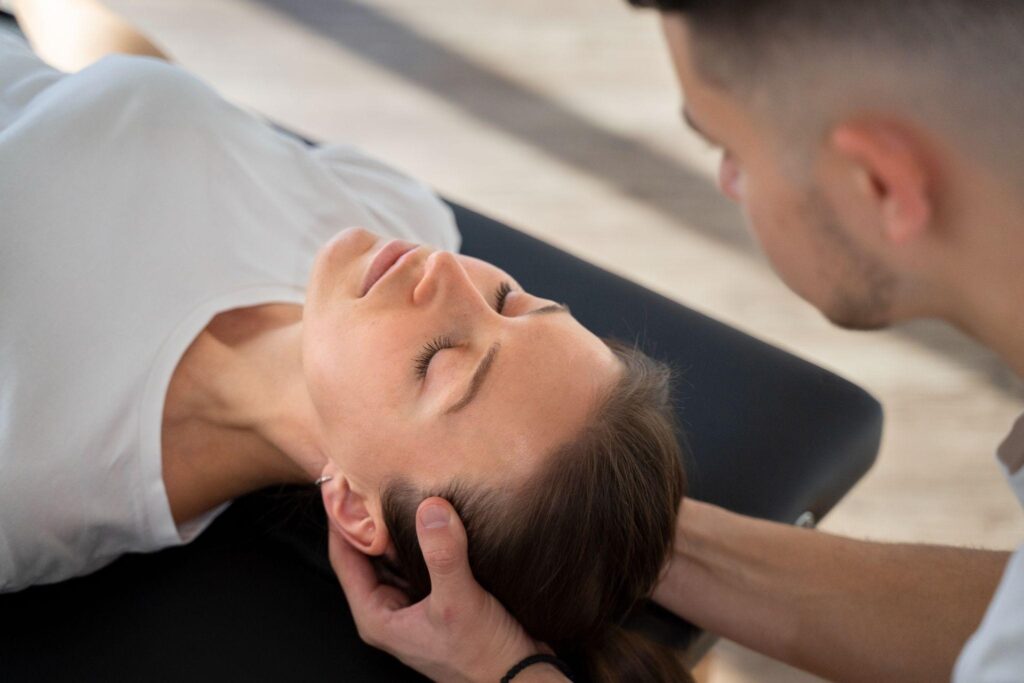The Elmiron lawsuit is another consequence of medicine with serious side effects. Like many other products to improve our health and help us heal, Elmiron was created to treat a condition called interstitial cystitis (IC), a chronic bladder condition characterized by symptoms such as pelvic pain, urinary urgency, frequency, and discomfort during urination. However, Elmiron can cause a variety of side effects, some of which can be really serious.
Elmiron side effects
Among the most common side effects of Elmiron we may find:
- Gastrointestinal distress: This can include symptoms like diarrhea, nausea, stomach pain, and upset stomach.
- Hair loss: Some people may experience hair loss while taking Elmiron.
- Headache: Headaches are a less common side effect but can occur in some individuals.
- Skin rash: Skin rashes or itching may occur in rare cases.
- Bruising or bleeding: Elmiron may affect blood clotting in some individuals, increasing the risk of bruising or bleeding.
- Changes in liver function: Although these cases are rare, Elmiron may affect liver function, leading to elevated liver enzymes.
Despite the fact that all types of side effects can cause serious problems in the long run, there is one side effect that can be considered the most worrying and serious of all: retinal pigmentary changes. This refers to changes in the pigmentation of the retina in the eye, which can affect vision. This side effect has been reported in some patients who have taken Elmiron for an extended period.

As a consequence, many consumers alleged that the drug’s manufacturer, Janssen Pharmaceuticals (a subsidiary of Johnson & Johnson), failed to adequately warn patients and healthcare providers about the potential risk of retinal pigmentary changes and vision problems associated with long-term use of Elmiron.
Some of the people who had taken Elmiron for an extended period of time reported having eye problems, which in some cases included vision disturbances and retinal issues. As a consequence, they filed Elmiron lawsuits claiming that they had not been warned by the manufacturer about these potential side effects.
Alternative treatments
Any patient who has been diagnosed with interstitial cystitis (IC) or another related condition and, as a consequence, has been prescribed Elmiron for the treatment should know that there are Elmiron alternative treatments and options. The choice of alternative treatments will depend on the severity of each patient’s condition and their individual response to different therapies, so it is important to ask a professional. Here are some alternative treatments and approaches that may be considered:
Physical therapy: Physical therapy on the pelvic floor can help relieve symptoms of IC by addressing muscle tension and dysfunction in the pelvic region.
Modifications in the diet: It has been proven that making dietary changes may cause relief in some patients with IC. Avoiding caffeine, acidic foods, alcohol, spicy foods, and artificial sweeteners that may cause IC symptoms and keeping a food diary can be of great help.
Oral medication: Some oral medications, such as antihistamines, tricyclic antidepressants, or antispasmodic drugs, may be used to manage IC symptoms.
Bladder instillations: Bbladder instillations of medications such as lidocaine, heparin, or a combination of medications, can be administered as intravesical treatments to reduce inflammation and symptoms.
Nerve stimulation: Sacral neuromodulation or pudendal nerve stimulation are procedures that involve the use of implanted devices to modulate nerve activity and alleviate IC symptoms.
Alternative therapies: Some people explore alternative therapies like acupuncture, herbal supplements, or biofeedback for symptom management. Be sure to discuss these options with your healthcare provider.

Hydrodistention: This is a procedure in which the bladder is filled with fluid to stretch and potentially reduce symptoms. It is typically performed under anesthesia.
Lifestyle modifications: Stress management techniques, regular exercise, and adequate hydration can help manage IC symptoms.
Prescription medications: In some cases, your healthcare provider may prescribe other medications that are not specifically approved for IC but may help with pain or inflammation.
In these cases, it is essential to ask your doctor who will determine the most suitable alternative treatment for your specific condition since they may vary from patient to patient. Moreover, a professional can help you analyze the potential benefits and risks of each option and make the right decision based on your specific needs and preferences.
